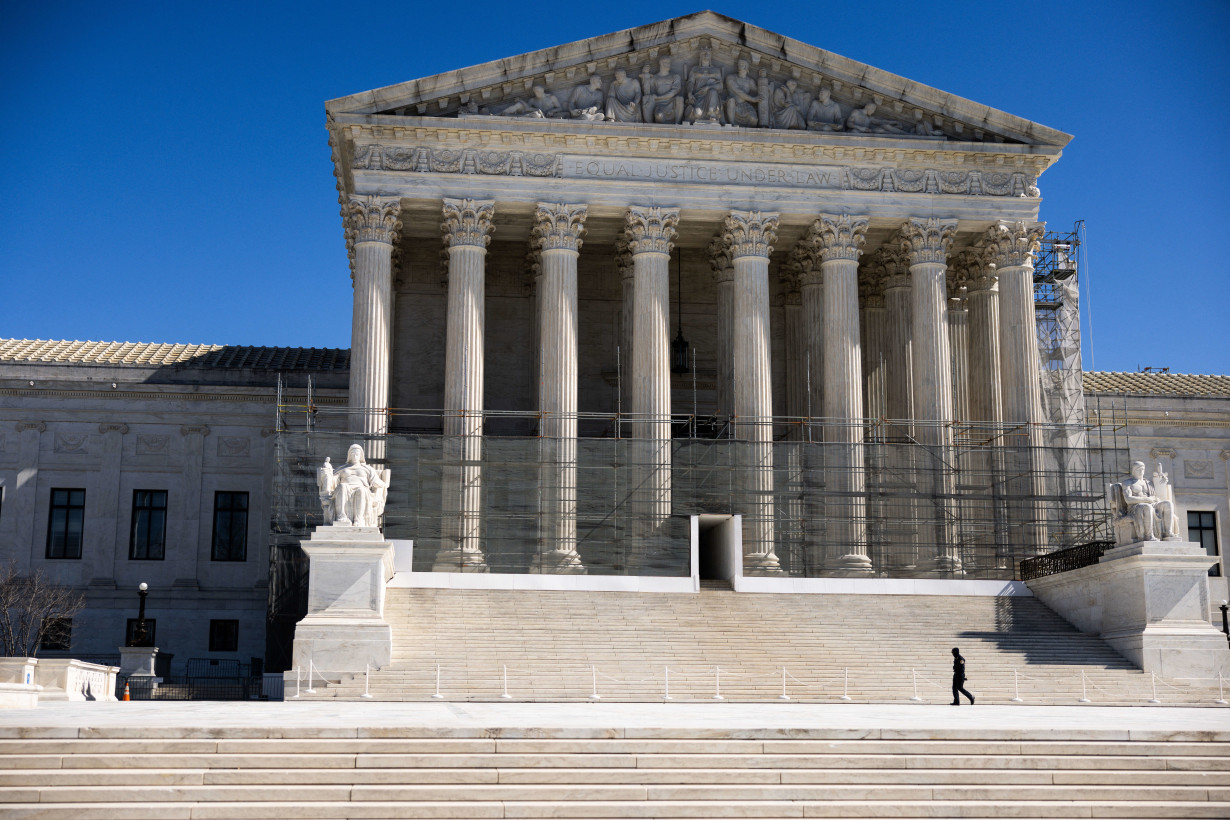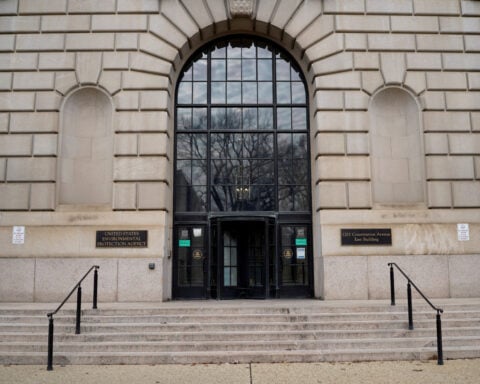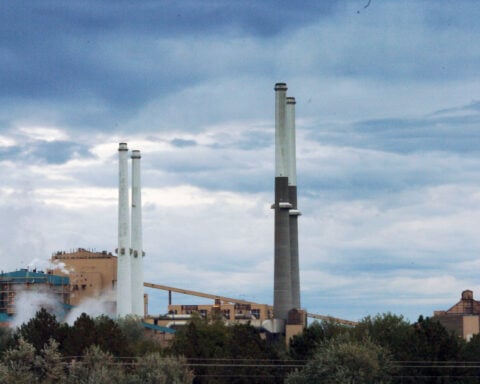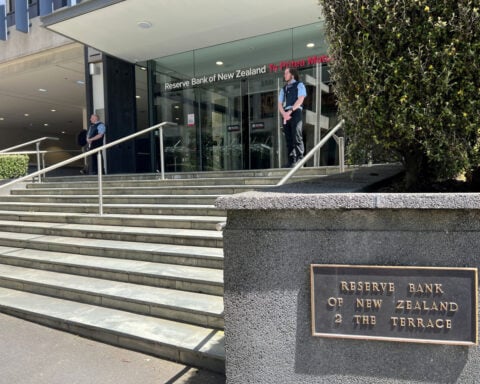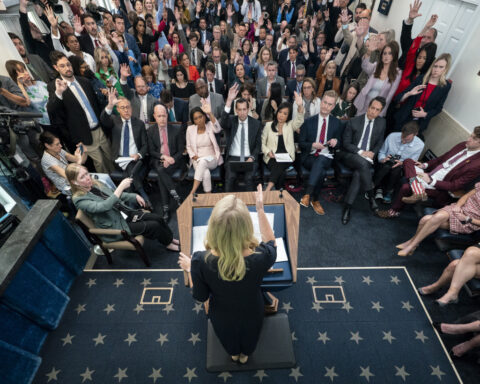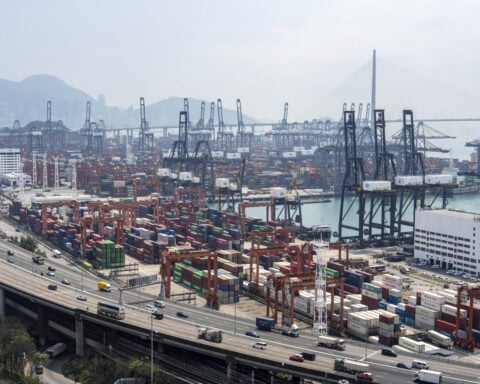(CNN) — The conservative Supreme Court aligned with liberal San Francisco on Tuesday, ruling that federal environmental regulators overstepped their authority by attempting to impose vague limits on how much raw sewage the California city may pump into the Pacific Ocean.
Conservative Justice Samuel Alito wrote the opinion for a 5-4 majority in a ruling that could make it harder for the Environmental Protection Agency to police water quality standards. It is the latest in a series of losses for environmentalists at the high court.
“EPA is required to issue the limitations necessary to ensure that the water quality standards are met,” Justice Amy Coney Barrett, a conservative, wrote in a partial dissent that was joined by the court’s three liberal justices. “So taking a tool away from EPA may make it harder for the agency to issue the permits that municipalities and businesses need in order for their discharges to be lawful.”
Alito wrote that the agency had plenty of tools at its disposal to regulate water quality.
“If the EPA does its work, our holding should have no adverse effect on water quality,” Alito wrote.
At the center of the case were so-called “narrative” requirements imposed by the Environmental Protection Agency that demanded that the city not violate “any applicable water quality standard” when it pumps sewage into the Pacific Ocean. The city argued that the requirements were poorly defined and impossible to follow because they relied on general terms rather than specific limits for how much pollution is too much.
The narrative requirements, for instance, demand that a city not “discharge” pollutants into a “receiving water” – in this case, the Pacific Ocean – that cause a violation of water quality standards. Failing to meet that standard, the city had said, could put ratepayers on the hook for billions of dollars in enforcement actions.
The case presented an unusual political dynamic in which the city, often viewed as a bastion of liberalism, was aligned with oil and gas industries and other polluters. That awkward alliance led the city’s board of supervisors to a formal vote urging city officials to resolve the suit before the conservative Supreme Court could rule because they feared a decision that would ease regulations on industrial polluters.
San Francisco city leaders declined to pull the case and the Supreme Court heard arguments in October.
Because of that, the decision had the potential to have broad implications for cities across the country. A brief filed by utilities in New York, Boston, Washington, DC, and others warned against the narrative requirements.
“When meeting compliance obligations may entail tearing up city streets or investing the hard-earned money of disadvantaged ratepayers, it is critical that those compliance obligations not be a moving – and mutable – target,” those other utilities said.
Several of the court’s conservatives, including Justice Brett Kavanaugh, immediately zeroed in on the notion that the narrative requirements could allow the EPA to target cities for enforcement “when they didn’t know what the relevant limitation on them was.”
An attorney for the EPA said during the oral arguments that the agency would also prefer specific requirements but said it couldn’t do so in this case because San Francisco had declined to provide the kind of information it needed to set those goals. That led several justices to ponder a more limited ruling that might allow the “narrative” requirements only in situations when the EPA didn’t have enough information to set clear targets.
This story has been updated with additional details.
The-CNN-Wire
™ & © 2025 Cable News Network, Inc., a Warner Bros. Discovery Company. All rights reserved.

 Trump has begun another trade war. Here's a timeline of how we got here
Trump has begun another trade war. Here's a timeline of how we got here
 Canada's leader laments lost friendship with US in town that sheltered stranded Americans after 9/11
Canada's leader laments lost friendship with US in town that sheltered stranded Americans after 9/11
 Chinese EV giant BYD's fourth-quarter profit leaps 73%
Chinese EV giant BYD's fourth-quarter profit leaps 73%
 You're an American in another land? Prepare to talk about the why and how of Trump 2.0
You're an American in another land? Prepare to talk about the why and how of Trump 2.0
 Chalk talk: Star power, top teams and No. 5 seeds headline the women's March Madness Sweet 16
Chalk talk: Star power, top teams and No. 5 seeds headline the women's March Madness Sweet 16
 Purdue returns to Sweet 16 with 76-62 win over McNeese in March Madness
Purdue returns to Sweet 16 with 76-62 win over McNeese in March Madness
